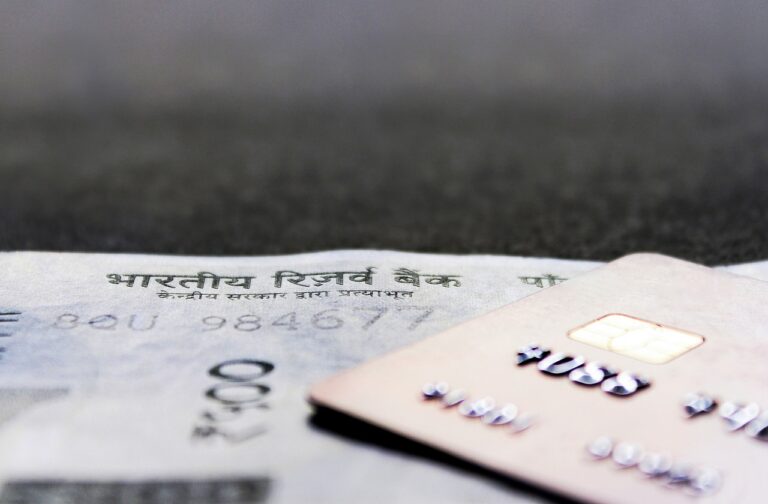The Role of Data Analytics in Election Campaigns: All panel.com, Online cricket id, Get online cricket id
all panel.com, online cricket id, get online cricket id: In today’s digital age, data analytics plays a crucial role in shaping the outcome of election campaigns. Gone are the days when political campaigns relied solely on traditional methods like door-to-door canvassing and TV ads. Nowadays, election campaigns are increasingly turning to data analytics to gain insights into voter behavior, preferences, and attitudes.
1. Voter Targeting
Data analytics allows election campaigns to identify and target specific voter groups more effectively. By analyzing voter data such as demographic information, voting history, and social media interactions, campaigns can tailor their messages to resonate with different segments of the population. This targeted approach helps campaigns allocate resources more efficiently and maximize their impact on key voting blocs.
2. Message Optimization
Data analytics also enables campaigns to test and optimize their messaging strategies in real-time. By analyzing how different messages perform with different voter groups, campaigns can fine-tune their communication tactics to appeal to a broader audience. This data-driven approach ensures that campaign messages are impactful and resonate with the electorate.
3. Voter Engagement
Data analytics can help election campaigns identify potential supporters and engage with them more effectively. By analyzing voter data and online interactions, campaigns can personalize their outreach efforts and reach voters on platforms where they are most active. This personalized approach fosters a deeper connection with voters and encourages them to participate in the political process.
4. Predictive Modeling
Predictive modeling is another key application of data analytics in election campaigns. By analyzing historical data and voter trends, campaigns can forecast election outcomes, identify swing voters, and predict voter turnout. This predictive modeling helps campaigns allocate resources strategically and focus their efforts on key battlegrounds.
5. Fundraising
Data analytics also plays a crucial role in fundraising for election campaigns. By analyzing donor data and behavior, campaigns can identify potential donors, tailor fundraising appeals, and optimize donation campaigns. This data-driven approach helps campaigns raise more funds efficiently and sustain their operations throughout the election cycle.
6. Social Media Monitoring
In today’s digital world, social media plays a significant role in shaping public opinion and influencing political discourse. Data analytics allows election campaigns to monitor social media conversations, track sentiment towards candidates, and identify emerging issues. This real-time feedback helps campaigns adjust their strategies to respond to changing voter preferences and dynamics.
FAQs
Q: How is voter data collected for data analytics in election campaigns?
A: Voter data is collected from a variety of sources, including voter registration databases, surveys, social media interactions, and online behavior tracking.
Q: Is data analytics in election campaigns ethical?
A: While data analytics can provide valuable insights for election campaigns, it is crucial to adhere to ethical guidelines and respect voter privacy rights.
Q: Can data analytics predict election outcomes accurately?
A: While predictive modeling can forecast election outcomes based on historical data, there are always uncertainties in politics that can impact the final result.
In conclusion, data analytics has become an essential tool for modern election campaigns. By leveraging data-driven insights, campaigns can target voters more effectively, optimize their messaging strategies, and engage with the electorate in a personalized manner. In a highly competitive and dynamic political landscape, data analytics is a game-changer that can make all the difference in winning elections.







